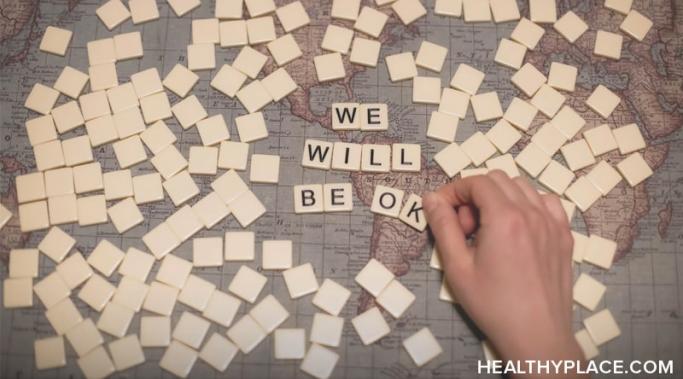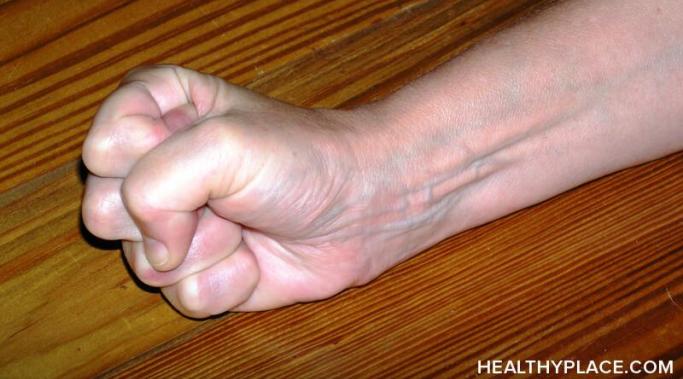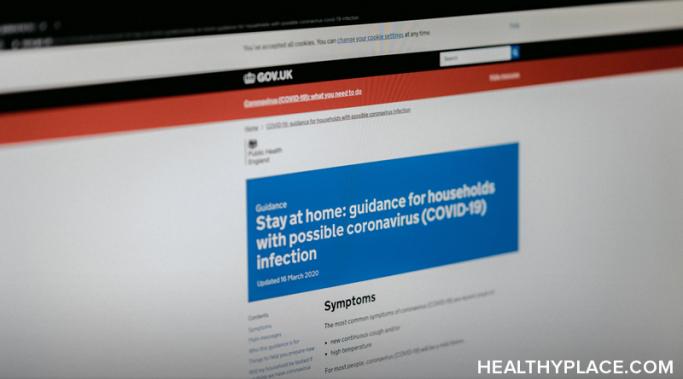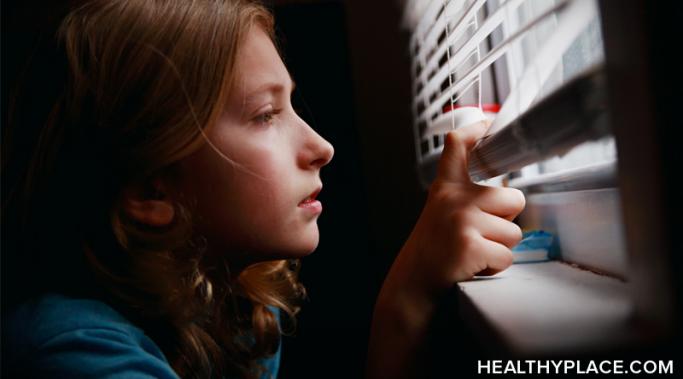Luckily, coronavirus good news has finally made its way into the media. I'm finally seeing signs that the COVID-19 pandemic is easing in some places. This, of course, means the lockdowns that have taken place all over the world are now calming as well. Hearing this good news about the coronavirus has had a significant effect on my mental health.
Coping
Negative emotions can be a real problem in bipolar disorder (and, really, in any mental illness). And right now, many people are finding the negative emotions associated with bipolar disorder are heightened due to this incredibly taxing pandemic we're all living through right now. Between the COVID-19 anxiety and the stress of losing your bipolar routine, it's no surprise that bipolar symptoms are worsening for so many people. And for me, the worsening bipolar is coming in the form of negative emotions today. Negative emotions and negative self-talk are plaguing me right now.
I believe there are real dangers to losing your bipolar routine during isolation. There are issues of work, school, socializing and more that are affected by social distancing; and any one of those things can interrupt a carefully planned routine. I know my bipolar routine has been lost during isolation due to the novel coronavirus, and I know it's hurting my mental health.
Coronavirus (COVID-19) anxiety is a real problem for me and so many others. I keep hearing from people daily about how this anxiety is hurting them. One woman told me she literally shook when she had to leave her apartment. Another mentioned that she has had to almost double her anxiolytic (anti-anxiety) medication just to stay semi-functional. And I admit, COVID-19 anxiety is getting to me too. So here's my number one tip for reducing COVID-19 anxiety.
People judge how I cope with bipolar. Judging people is an Internet thing and it's a human thing. People just seem to feel free to tell me that how I live my life and how I deal with my bipolar disorder is wrong. I get it, I put myself out there, so that's what happens. Unfortunately, I suspect it happens to a lot of people with bipolar disorder. People just want to judge our bipolar coping skills.
I've found hope is harmful. I know, the reflex is to disagree with this, but, at least in my case, hope is harmful. I recently found a bit of hope of ending a profound, debilitating depression. I knew feeling that hope was a mistake, but some part of my brain refused to listen to that. And sure enough, it turned out that hope was harmful.
Lying about depression is common when you're seriously depressed. This isn't so much on purpose; it's just what happens. People tend to not want to hear about depression, and to bend to their will, we lie about it. When seriously depressed, we often lie when we laugh, lie when we share what's happening in our lives and even lie when we smile. But is every smile a depression lie? Is lying about depression bad?
The holidays are full of good things, but even these good things can cause bad bipolar moods. I know this might not make sense to some people -- after all, when something good happens, shouldn't that improve a person's mood? Well, this isn't exactly true if you have a serious mental illness like bipolar disorder. Yes, you might find good things improve your mood or you might find good things actually cause bad bipolar mood symptoms. Read on to learn more.
Sometimes we can't feel thankful over the holidays. And by that, I don't mean that we don't have things to be thankful for, I mean we literally can't feel that thankfulness. This could be for many reasons. You might not be able to feel thankful because of mental illness, because of grief and bereavement or for many other reasons. I want to say, this is okay. I get it. But that doesn't mean it isn't hard. Here's what to do if you can't feel thankful over the holidays.
If you can't make decisions because of depression, you're not alone. Not being able to make decisions (indecisiveness) is actually a symptom of depression. People don't tend to talk about it, but that doesn't mean it isn't a huge problem for people. In fact, I've had people literally beg me to help them make decisions because they are feeling so debilitated from depression. I've written about making decisions before and how you might go about it, but today, I want to focus on one particular coping technique that I use every day to mitigate an inability to make decisions because of depression.









